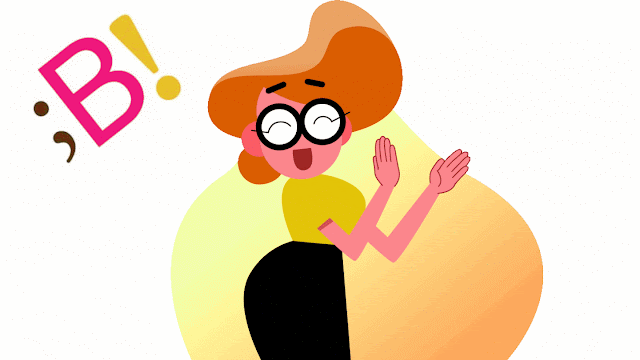Epistemology & the apple
Today's post is about a speech that Jaime Buhigas gave in ENAP21 (an annual congress about education held in Madrid) and that I listened yesterday with all my attention.
y máteme tu vista y hermosura;
mira que la dolencia
de amor, que no se cura
sino con la presencia y la figura".
Then he made the audience reflect upon two principal words: "Presence" & "Shadow"
How?: He took an apple and ate it.
And ignoring the two huge screens behind him, he pointed at Plato's Ontology Line using the same platform of the stage he was on, he brought everyone's attention to the floor and set the solid platonic philosophical foundation where physics precedes the meta-physics with the intention to:
awaken our senses (EIKASIA), follow our certainties (PISTIS), demonstrate reasoning abilities (DIANOIA) and follow our hunches (GNOESIS).
That's the famous "Divided Line" in Plato's Ontology (listen how he gave the instructions for the partition of that line with all geometrical precision).
Above you can see a chart that I made trying to summarize what Jaime was illustrating us in his stimulating and truthful talk. These are the steps that every free man (teachers and educators included...) should undertake to scape from "Plato's Cave". Watch out! because there is a new recent step, that Jaime considers useful, practical, but rather dangerous to the whole development of our full human potential:
"The shadow of the shadow", that fake apple, opposite to the real one. Attention to how attracting and tempting this deep shadow can be! It creates a magnified illusion of the reality, tricking- an in a way invalidating- our own senses; that he epitomised (= exemplified) with the spider net on high-high- extreme-high definition).
This doesn't mean that online courses, digital content and devices at school, university, workplace or home... are bad, but must be used knowing that they are limited in its nature (the online apple is not an apple) even when it seems in appearance that they have no limits. Isn't it alarming how dangerously convenient they have become?.
In between his words he recited to our delight the verses - that I've heard him saying them many times and I am happy to hear them once more- of those poets who did the complete journey towards the "Truth"; from that "me" that encounters -sometimes suffers- the "otherness": the mystery and existence of "the other". I know how much he got inspired by Byun Chul Han, in for example "The agony of Eros".
So, my dear teacher mentioned these Spanish poets: Antonio Machado to support his arguments about the falsehood of innovation, the acceptance of our limited body, the poetry of common daily actions in the poem called "El milagro" or how intertwined "Presence & Love" are in San Juan de la Cruz, Santa Teresa and in Pepe Hierro's lines about the love of a mother,"Mis hijos me traen flores de plástico".
In few words: He encouraged us to come to our senses, he brought us down to earth, he helped us to be in reconciliation with our body nature, the beauty and human need of accepting the imperfection, unchaining us from the digital screen to experience a genuine LIBERATION.
I recommend you listen to him first and take your own notes in English. Then, send me your essay (max 260 words in Word.doc) by email. I'll be happy to read your thoughts, to follow your reasoning and enjoy your own inspirations in favour or against this topic that affects us all: "Presence & Love"
Remember that essays should be written in academic style and you can't use contractions, phrasal verbs or any colloquial expression.
Make sure you do your best in showing your English writing skills with the use of technical an accurate vocabulary and with the use of complex structures such as passive voice, reported speech, relative, subordinates, inversions and conditionals.
I'll give you my feedback as always and you'll record your voice with the corrections given.
Enjoy the weekend and don't forget to bite the Real Appel.
Bye for now!
Your Language Coach
HOW TO WRITE AN ESSAY
HOW TO WRITE A PROPOSAL
HOW TO WRITE A REVIEW
HOW TO WRITE LETTERS
UNBLOCK YOUR CREATIVE VOICE
CÓMO SE AFINA UN IDIOMA
Ana Domínguez Ruiz
Language Coach
www.analanguagecoach.com
analanguagecoach@gmail.com
622 90 18 06
San Lorenzo de El Escorial, Madrid






Comentarios
Publicar un comentario
Thank you for your words! They mean a lot to me.
Ana Language Coach